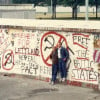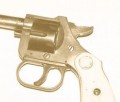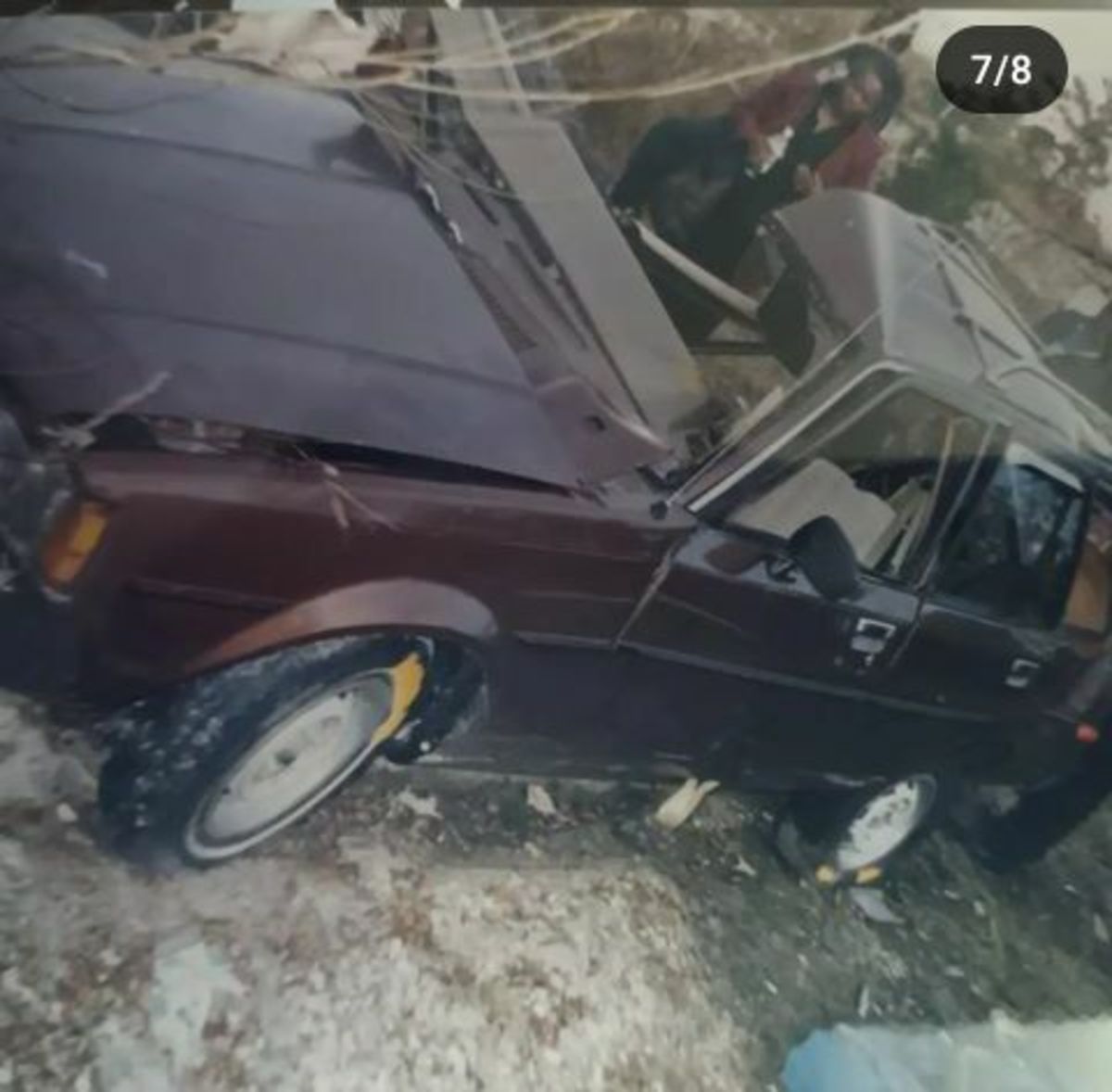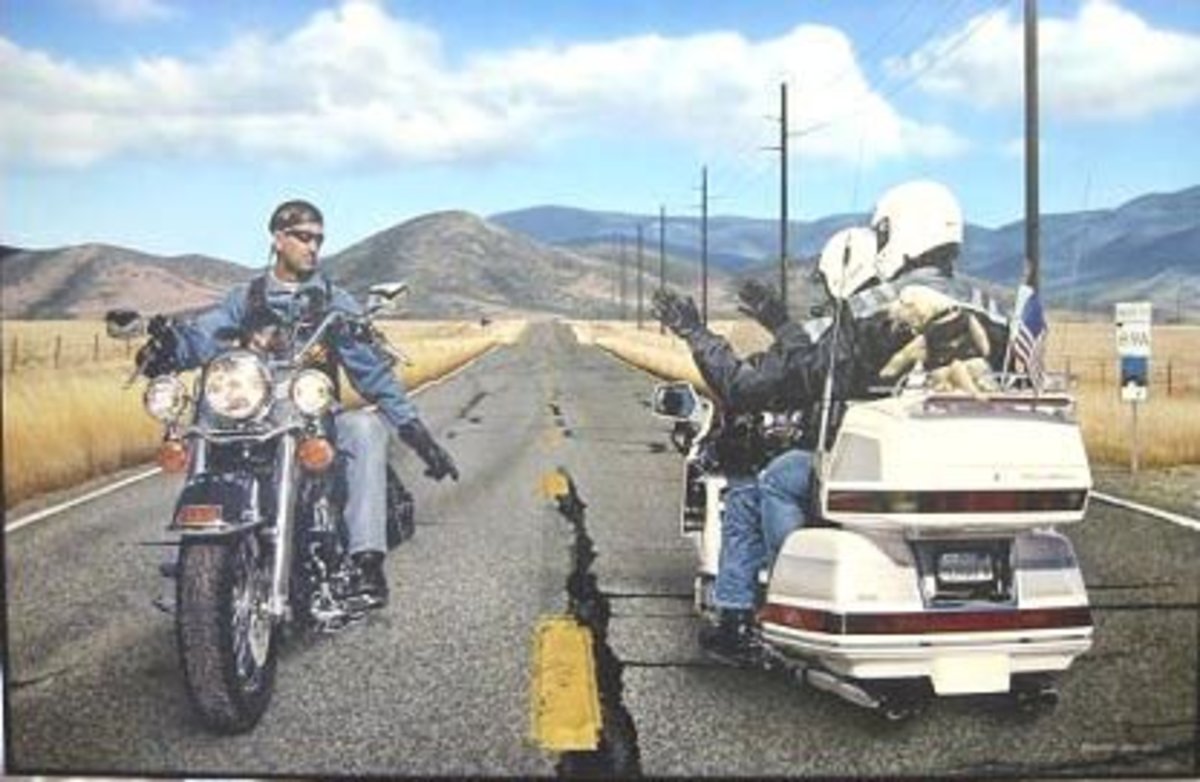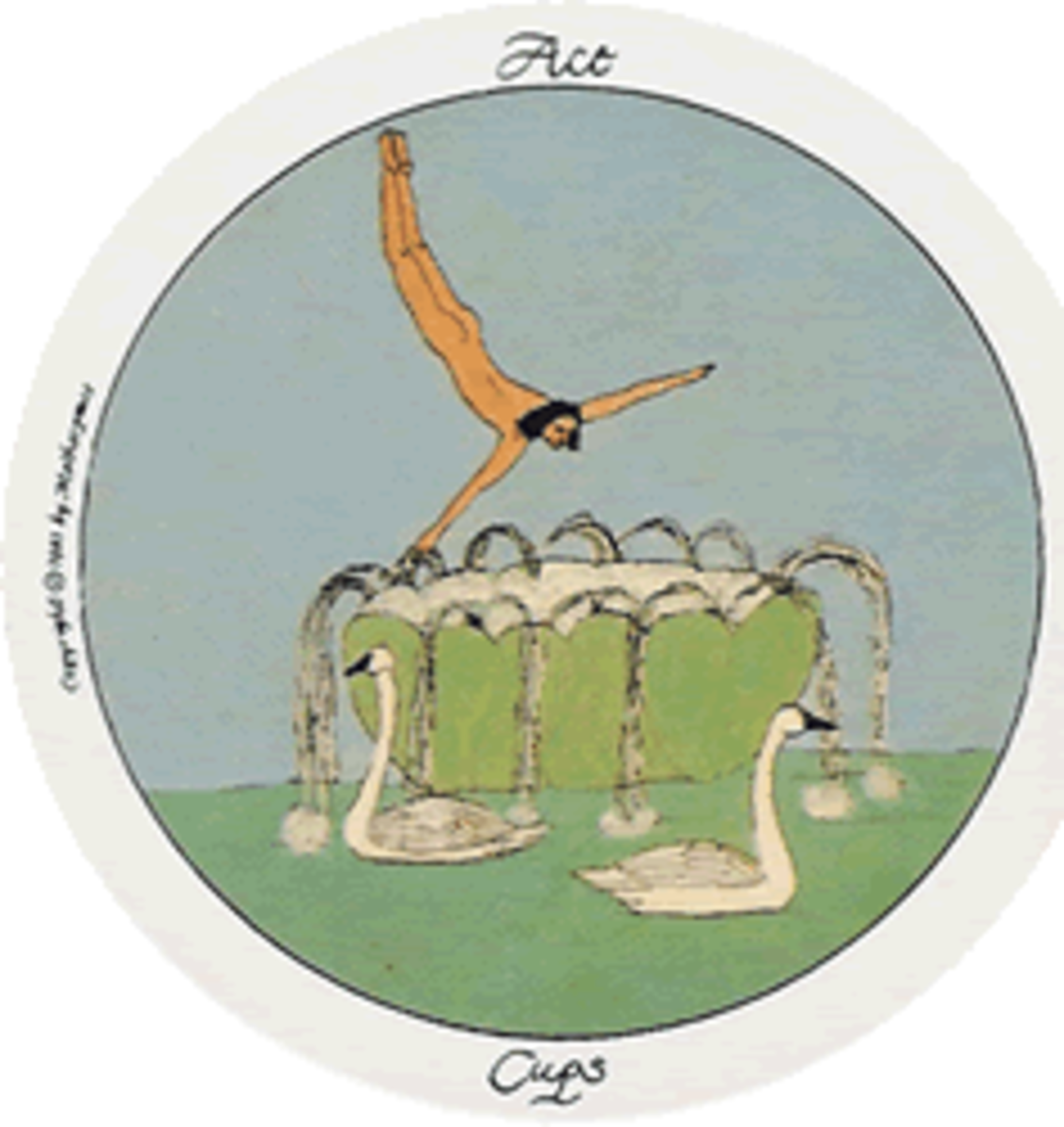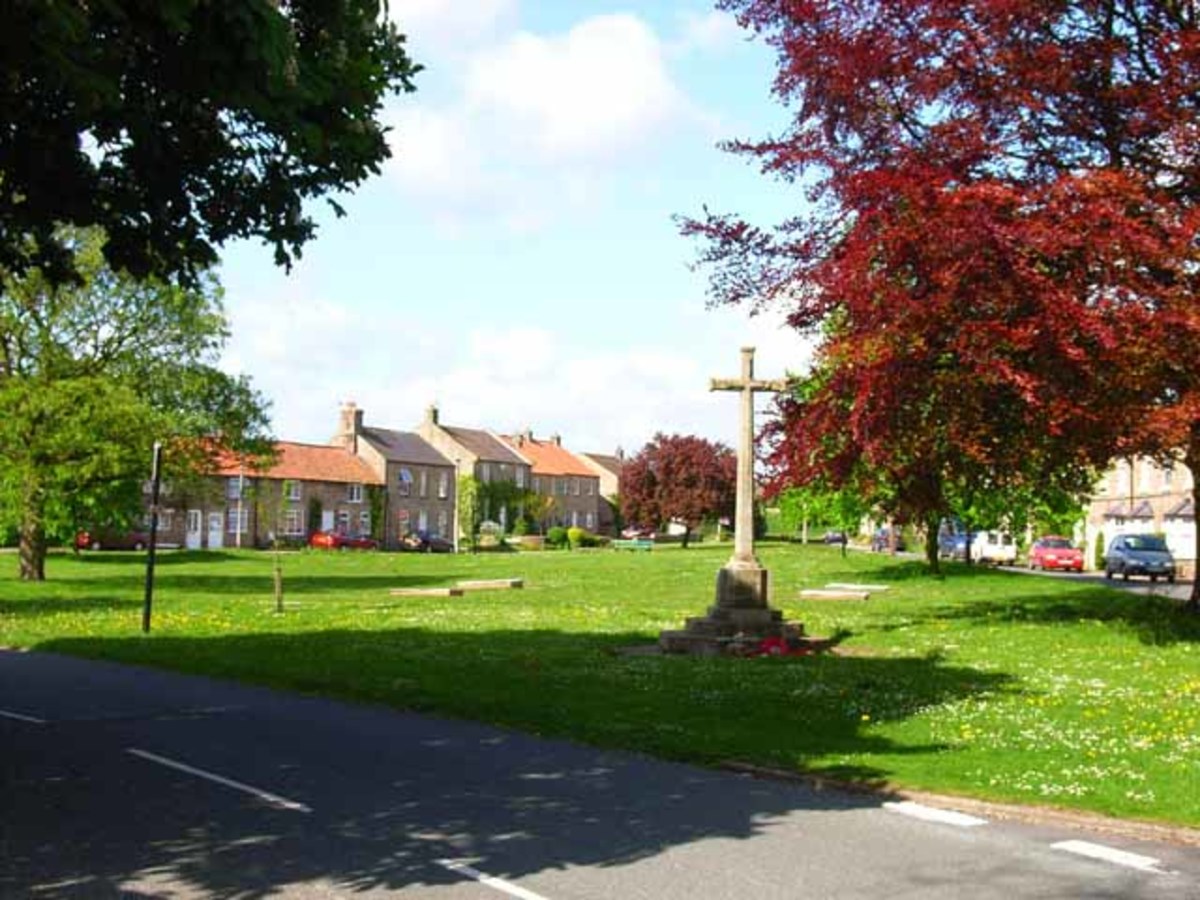The Good Hurt: The Struggle to Survive
How laughter helps us get through life
One hot August morning, I awoke ready to move into my new house. My work was starting the very next Monday, so my wife and I were expecting to pack the few remaining things we had into our van and trailer, clean the old apartment and spend the night as the first night in our new home. Little did we know that this was to become the worst day of my life.
As I carried the first box out to my vehicle, I realized quickly that I had locked the keys inside the moving van. As the telephone company had already disconnected the telephone at my old apartment, I jumped on my motorcycle and drove to my new home, where a new phone had been recently installed. My new place was just a few miles from my old apartment, so it was not that big of a ride. I phoned my parents who had an extra set of keys and they told me they would head right over. But because their travel time was two hours, I decided to surprise my wife with a quick stop for doughnuts. I made my purchase, strapped the box of doughnuts onto the back of my Yamaha and started back home.
Traveling along a country road from the doughnut shop back to my apartment, I descended the first of a couple of small hills. Although the posted speed limit was 60, I was only going approximately 50 miles per hour. Hugging the left side of my own lane (I often traveled near the middle of the road as deer, squirrels and the rare fox were well known to dart out and I wanted as much maneuver time and space as needed to avoid a crash), I noticed a white pick-up truck at the bottom of the hill. The driver was waiting to enter the road from a side ditch. The very next thing I remember is a hot feeling all over my skin, a very bright light and a man standing over me asking me how I was doing.
The man standing over my body was a paramedic, and the heat and glare from the August sun was almost unbearable. He asked me my name and if I knew where I was. Next I was loaded into the back of the ambulance and suddenly my wife was there, telling me that everything was going to be okay. The sirens blared and there again was that searing sun, right in my eyes. The roar of the helicopter blades aroused some form of consciousness from me and the shaking at the moment of takeoff caused tremendous pain that coursed through my entire body. An instant later I was feeling no pain at all, until the flight nurse asked me to breathe. I muttered something along the lines of, "I am," but he responded, "Hey, I need you to take long, deep breaths. You have to breathe." Suddenly that darn bright light was causing me to squint and then it morphed into an "on again, off again" flashing light. As I was wheeled into the emergency room, the fluorescent lights on the top of the ceiling were going by, brighter, then quickly dimmer, then suddenly bright again. I thought to myself, "it’s just like in the movies!"
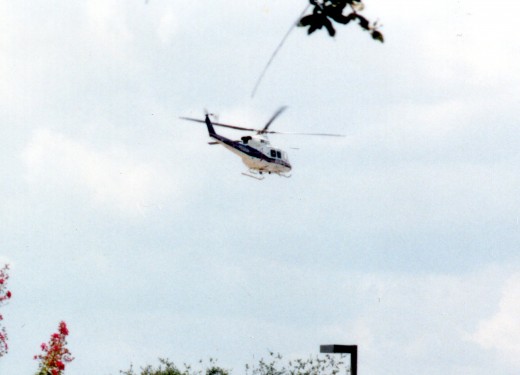
Nurses, doctors, assistants, technicians and even the janitor came into the emergency room and poked and prodded me. Test after test revealed the damage: starting at my left foot, I had a cracked ankle, chipped shin bone, a broken knee, a hairline crack somewhere in my pelvis, a ruptured spleen, three broken ribs, a punctured lung, a damaged elbow, a bit lip and tongue, a destroyed shoulder, various bumps, bruises and scrapes, and a slight fracture in my left pinkie finger that hurt the worst of all.
I was placed in ICU where I learned that I had a draining tube attached to a forearm injury, a chest tube, an air compression device attached to my right leg to assist in blood circulation, a cast on my left arm from my right below my shoulder to my little finger, a brace on my left leg, a morphine drip attached to my right arm, a heart and oxygen monitor on my right finger, a drain tube inserted down my nose into my stomach, EKG electrodes attached everywhere, and a catheter where one never should be. The good news was that bones would heal and tests revealed that my spleen would not have to be removed and would mend itself. A quick trip to have an angiogram revealed that I was not bleeding internally and would not need open chest surgery to repair what they feared was a leaking aorta. The bad news was that my left shoulder was a complete mess. The force of the impact with the truck was mostly focused on my left shoulder, and the ball part of the socket was in more than 100 pieces. A prosthetic device needed to be implanted if I ever wanted to move my arm in any normal rotation again. After this information was given to me, I smiled and drifted off to a nice peaceful sleep, knowing that I would wake up. I would recover. I would continue on this journey known as life. It was a good day, after all.
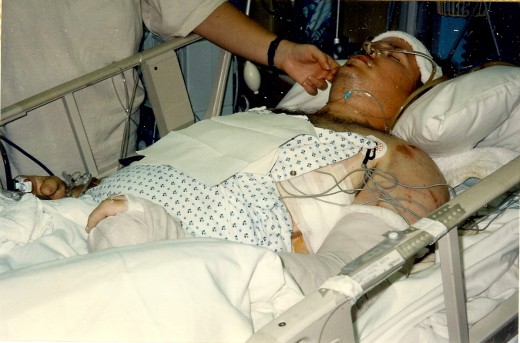
I spent a total of thirteen days in the hospital and it was more than three years before we found out the truck driver had pulled out in front of me because he believed he "could make it." My motorcycle was about two feet shorter, one foot from the front end, and one foot from the back. The handlebars were pushed up and away from the instruments and my body flew through them, forcing them into the letter "Y." Later I learned that there were no skid marks on the road, I simply did not have the time to apply my brakes. I lay the bike down on its right side and it impacted the truck right under the driver’s side. My body flipped up over the now horizontal motorcycle and slammed into the extended cab, my left shoulder leading the way. Without my helmet, I would not be here today. As I was explaining what had happened to my brother, he reminded me about those doughnuts. I wondered what had happened to those delicious fried goodies. He surmised, "Cops probably got ‘em." It hurt so much to laugh, but it was also the best I had felt in days.
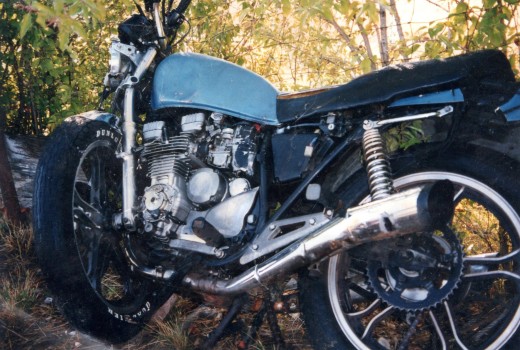
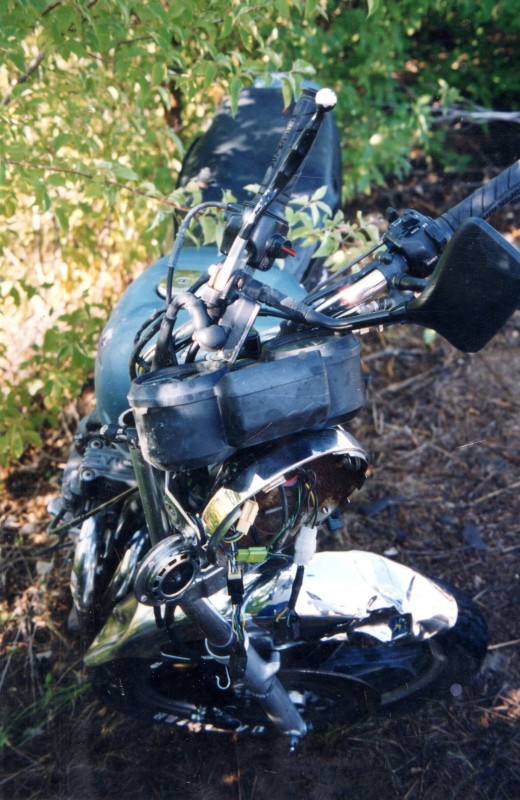
To this day I still live in some pain. If I type too much or sleep in one position too long my shoulder will let me know. But pain is a great sign, for without this pain, if I felt no pain . . . well, the alternative isn’t an option. A good attitude, support from my family and friends, and laughter helped me heal and helps me still today. You have to laugh. Every day in the hospital lent itself to a joke, a better insight, or a situation that had to be laughed at. I’ve heard that for every great comedian, there is a tragedy behind their lives. They compensate with humor. Was it not the Greeks who taught us that comedy arises out of tragedy? I think I might understand that. The best joke of all came from my surgeon when I asked about any arthritis I might have in my shoulder in the future. I asked, "Will I be able to forecast the weather from now on?" He responded in a light smirk and giggle, "Only people with joints have arthritis." Slightly embarrassed at his own joke, he quickly tried to explain himself; that joints become inflamed and that is why one would feel pain with pressure systems coming and going. He need not have even tried to explain, because I was already laughing out loud. Laughing hurt, but is was a good hurt.
An addendum
Only one week after I published this hub, I visited one of my three brothers. I had not seen him in a few months, nor his wife or two sons. Simply put, it had been too long. Steve and I grew up together and shared our problems with each other. In college we traveled to Germany together, as children we bunked together, and we talked to one another about pretty much everything throughout our childhood. I remember when he was about to join the Army just so he could become a helicopter pilot. We both loved helicopters, and we both wanted desperately to learn how to fly. But when the Apache pilots at Camp Mabry told him he was much too tall and they could absolutely not guarantee him a slot in the program, we both were disappointed.
As we were discussing this blog and my accident, my brother’s wife asked, "Did you tell him what he said to you?" I got this quizzical look on my face as I did not quite understand. My brother looked over at me and said, "Oh yeah! Do you remember what you said to me when we visited you for the first time in the hospital?" (Actually, I don’t remember him at the hospital at all. All I knew is that he had picked up my dog from my house and was to keep him for the two weeks I was in the hospital). Meekly, I told him, "I don’t remember saying anything to you at all." He smiled and relayed the story to me. "You kept telling me, 'Steve, come here,'" as he tried to mimic my hoarse, weak voice. (I had a punctured lung and three broken ribs; it hurt to talk, after all). "Steve, come here," I supposedly just barely squeaked out. "What is it?" asked my brother. I gathered a breath, and forced out a raspy, victorious and gloating, "I got to ride in a helicopter before you!"
